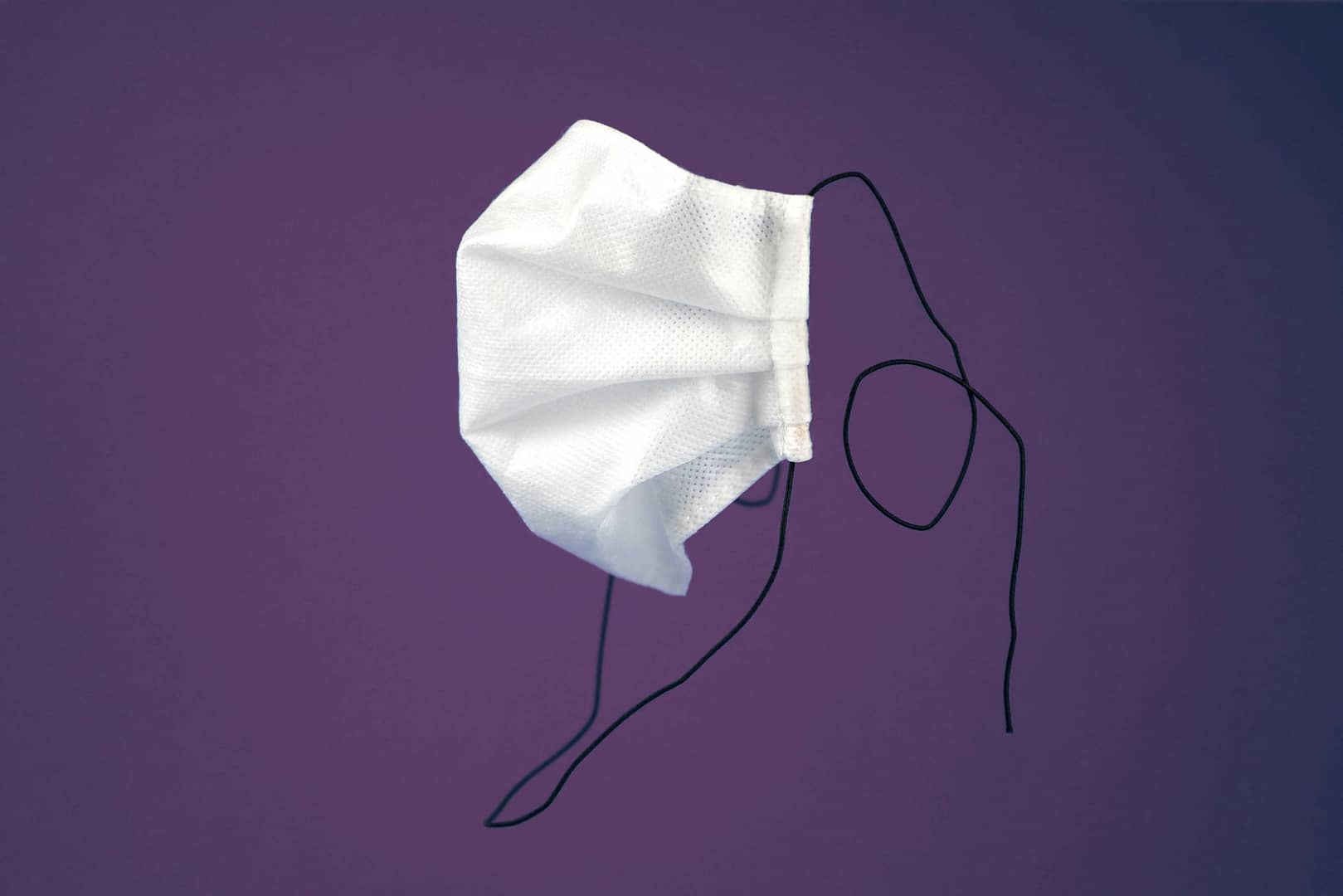The long-term effects of infectious diseases, also known as post-infectious syndromes, can significantly impact the lives of individuals in the UK. These conditions can affect various bodily systems, including the respiratory, cardiovascular, neurological, and musculoskeletal systems. They can manifest as fatigue, pain, cognitive impairment, and other debilitating symptoms, often lasting for months or even years after the initial infection.
Understanding Post-Infectious Syndromes
Post-infectious syndromes are complex conditions that can arise after a wide range of infections, including viral, bacterial, and parasitic infections. The exact mechanisms underlying these syndromes are not fully understood, but they are believed to involve a combination of factors, such as persistent inflammation, immune dysregulation, and tissue damage.
The most well-known example of a post-infectious syndrome is long COVID, which can occur after a SARS-CoV-2 infection. However, other infections, such as Lyme disease, Epstein-Barr virus, and influenza, can also lead to long-term health problems.
The Impact on Daily Life
The long-term effects of infectious diseases can have a profound impact on daily life. Many individuals experience fatigue, pain, and cognitive impairment, which can make it difficult to work, socialize, and perform daily activities. These symptoms can also lead to mental health problems, such as anxiety and depression.
The impact of these conditions is not limited to the individual; it can also affect their families, friends, and caregivers. The need for ongoing care and support can place a significant burden on loved ones, both emotionally and financially.
Available Support and Resources
In the UK, there are various resources available to help individuals cope with the long-term effects of infectious diseases. The National Health Service (NHS) offers a range of services, including specialist clinics, rehabilitation programs, and mental health support. Several charities and patient organizations also provide information, support, and advocacy for those affected by post-infectious syndromes.
It is important to note that access to these services can vary depending on location and individual circumstances. Some individuals may face challenges in obtaining a diagnosis and accessing appropriate care.
Coping Strategies and Self-Management
In addition to seeking professional help, there are several self-management strategies that can help individuals cope with the long-term effects of infectious diseases. These include:
- Pacing: This involves balancing activity and rest to avoid overexertion and manage fatigue.
- Exercise: Regular, low-impact exercise can help improve energy levels, reduce pain, and boost mood.
- Healthy Eating: A balanced diet rich in fruits, vegetables, and whole grains can provide essential nutrients and support overall health.
- Stress Management: Techniques such as mindfulness, meditation, and relaxation exercises can help reduce stress and improve well-being.
- Support Groups: Connecting with others who are experiencing similar challenges can provide valuable emotional support and practical advice.
The Importance of Research and Advocacy
While progress has been made in understanding and managing post-infectious syndromes, more research is needed to develop effective treatments and improve the lives of those affected. Advocacy efforts are also crucial to raise awareness of these conditions, improve access to care, and ensure that the voices of those affected are heard.
Making a Medical Negligence Claim with National Claims
At National Claims, we understand the devastating impact that medical negligence can have on your life and the lives of your loved ones. If you believe you or a family member has suffered harm due to substandard medical care, such as a misdiagnosis, delayed diagnosis, surgical error, or medication error, we are here to help you seek the justice and compensation you deserve.
Free Consultation
We offer a free, no-obligation consultation to discuss the details of your medical negligence case. We will listen compassionately to your experience, thoroughly assess the circumstances surrounding your medical treatment, and evaluate the strength of your potential claim. Our team will then guide you through the claims process, answer any questions you may have, and connect you with a solicitor from our panel who will be able to assist you with your case.
*Customers pay up to 25% (incl. VAT) of the amount recovered towards solicitor costs and if you cancel outside your cooling off period, you may be charged a fee.
Contact us today to speak to one of our claims agents who will be able to help you get started on your claim.
Click below to see why we are one of the most trusted claims management companies in the UK.

We’re proud of our excellent customer reviews
We thrive on delivering exceptional service and ensuring our clients’ satisfaction. Don’t just take our word for it. Check out some of our independent reviews to see what our clients have to say.
Excellent

This firm is excellent, they sorted out my car pay out and injury claim very fast, they always communicate with you all the time.

My accident case was dealt with confidence and with great result of the outcome, especially James kept me informed all the time.

I was very impressed at the way my inquiry was treated. I was listened to attentively and everything I needed to know was explained to me.






